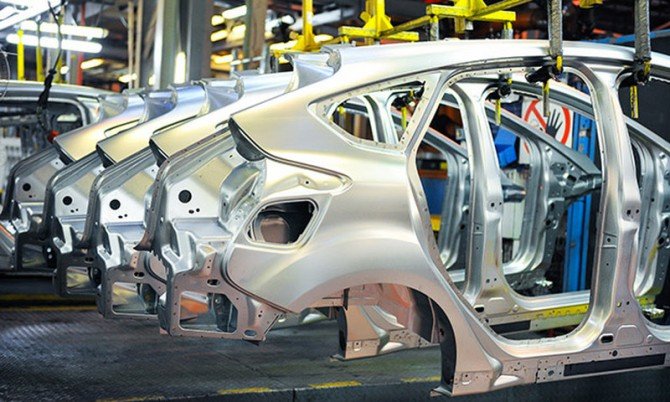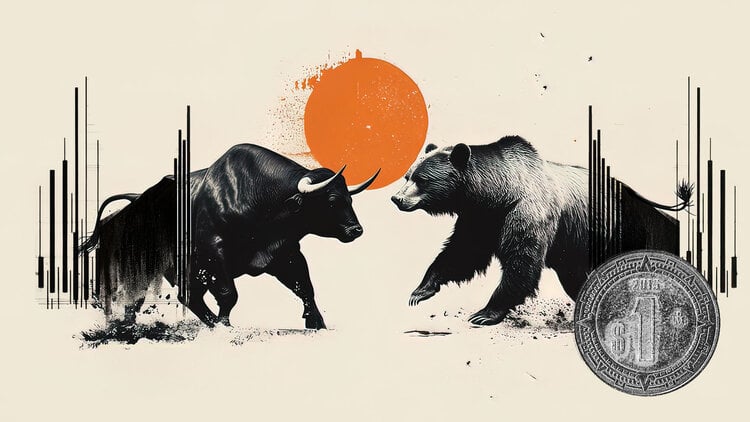Sources say that the cost of cars soared against the backdrop of rising prices for metals and other materials. This is due to the refusal to purchase metals in Russia, which accounts for a huge part of the world’s supplies.
Stellantis chief executive Carlos Tavares said raw material and energy costs are currently escalating, putting more pressure on the business model. Prices for aluminum and palladium hit record highs, while the price of nickel broke the $100,000 mark for the first time. Morgan Stanley estimates that rising nickel prices will increase the cost of producing an electric car by an average of $1,000.

According to consulting companies LMC Automotive and JD Power, the average price of a new car in the US in February was already $44,460, up 18.5% from February 2021. The price of cars in Europe is also rising.
Russia is the fifth largest producer of iron ore in the world. Voestalpine confirmed that they will have enough stocks of Russian metal for several months, but in the end they will have to buy raw materials from other suppliers and at different prices. Voss Edelstahlhandel, a German steel and aluminum supplier, decided to cut ties with Russia: “Even though aluminum is not on the sanctions list, Russia uses it to bring money into the country, and therefore we are leaving.”
Not only electric cars are getting more expensive, but also ordinary cars with internal combustion engines. Palladium and platinum, which are used in catalytic converters, have also risen in price, and Russia accounts for about 40% of the world market for these metals.
Source: ixbt
Donald-43Westbrook, a distinguished contributor at worldstockmarket, is celebrated for his exceptional prowess in article writing. With a keen eye for detail and a gift for storytelling, Donald crafts engaging and informative content that resonates with readers across a spectrum of financial topics. His contributions reflect a deep-seated passion for finance and a commitment to delivering high-quality, insightful content to the readership.







